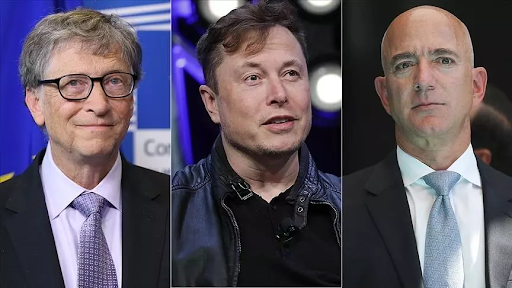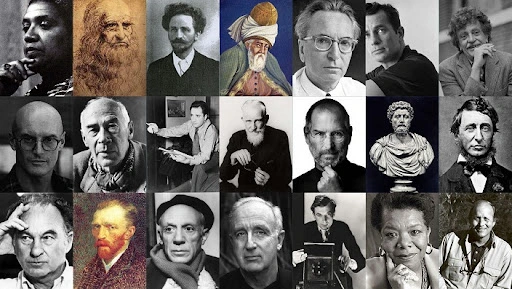
The term “genius” encompasses an exceptional intellectual or creative ability. It refers to individuals who possess extraordinary talent and skill in some specific area; whether that talent is innate or cultivated through diligent effort.
Talent is a natural ability that someone is born with, while skill is crafted through continuous practice and hard work. A genius is someone who has both talent and skill in a specific area, and who is able to use their abilities to produce something truly exceptional.
So, we can say that:
“Someone is called to be a ‘Genius’ if s/he has an exceptional natural ability or skill that is developed through practice and hard work.”
This definition emphasizes the output of a person other than IQ or any innate ability. It identifies that genius is not just about having a high level of intelligence, but also about being able to use their intelligence to produce something unique and worthwhile. This definition also captures the essence of what it means to be a genius. It is not enough to be born with natural talent. One must also be willing to put in the hard work and dedication to develop their skills to their full potential.

A genius is not someone who repeats things, they are original, they do new and valuable things, and they always come up with innovative ideas. They are trendsetters and other people follow them.
Finally, the definition acknowledges that genius is not limited to a representative of a few individuals. There are many people who have created work that is original and admirable. These people are extraordinary and they have made significant contributions to their fields and helped to shape the world we live in.
Here are some examples of people who would fit the exceptional achievement definition of genius:
- Albert Einstein (a physicist who developed the theory of relativity)
- Leonardo da Vinci (a painter, sculptor, architect, and engineer)
- Wolfgang Amadeus Mozart (a composer)
- Marie Curie (a physicist and chemist who conducted pioneering research on radioactivity)
- Steve Jobs (an entrepreneur and co-founder of Apple Inc.)

Media often gives the impression that geniuses are born, not made. This can be disappointing to people who believe that they are not naturally gifted and therefore cannot achieve great things. However, It is researched that genius is a combination of both nature and nurture.
Some people are born with natural talents and abilities that make them more likely to succeed in certain areas. But even these people need hard work and dedication to develop their talents to their full potential. The media should do something to represent geniuses as people who have worked hard to achieve their success. This would help to break down the stereotype that geniuses are born, not made. It would also encourage more people to believe in their own potential and strive to achieve great things.
The main discrepancy between natural-born geniuses and those who earn the title is often time. Time is a worthwhile, limited resource, and the media tends to focus on the extraordinary success stories of young stars. This can create the misconception that you need to be a young prodigy with innate talent and a supportive environment to become a genius. However, this representation only showcases one side of the coin.
The other side, where most people live, is filled with people who have the possibility to excel but may not have started early or haven’t received recognition. This conception can be discouraging and dissuade people from aspiring for superiority because they feel they are already “too old” to achieve greatness.
In essence, the belief that geniuses are only natural-born talents, as illustrated in the media, can discourage many from pursuing their full potential. However, the reality is that a genius is a combination of natural ability and hard work, with time being a crucial factor. Everyone has the potential to stand out in their desired field if they are willing to put in the effort, regardless of when they start their journey.




